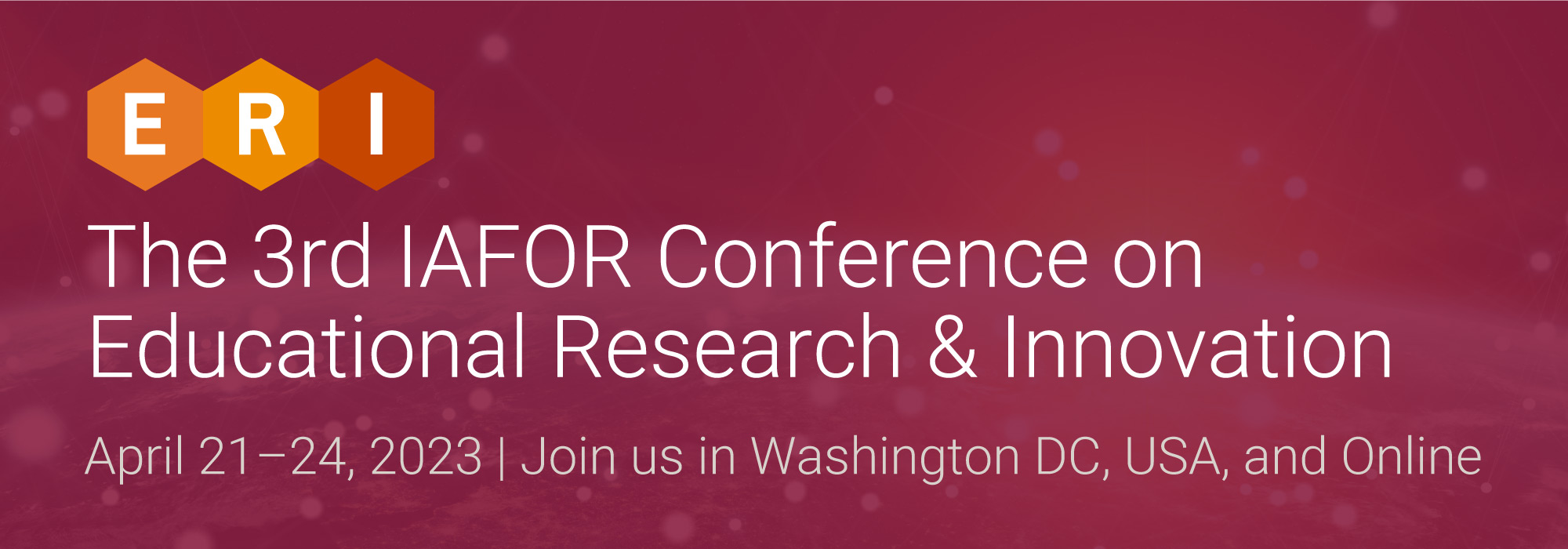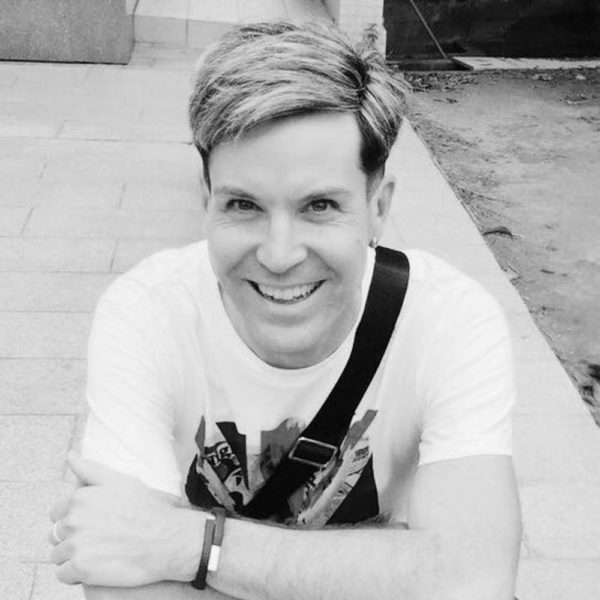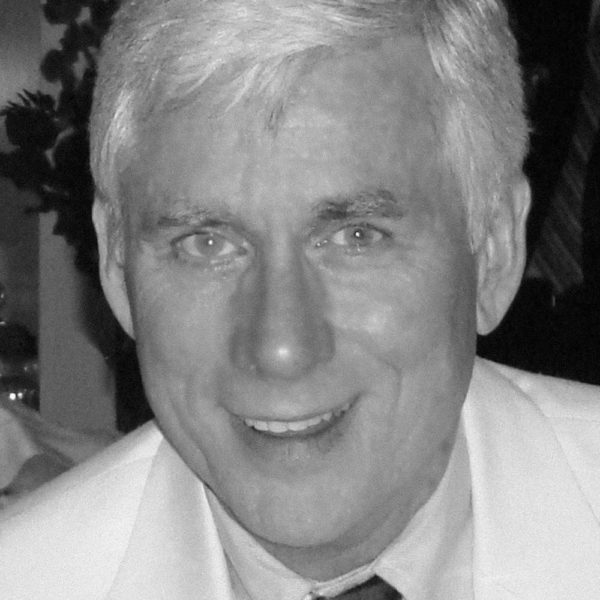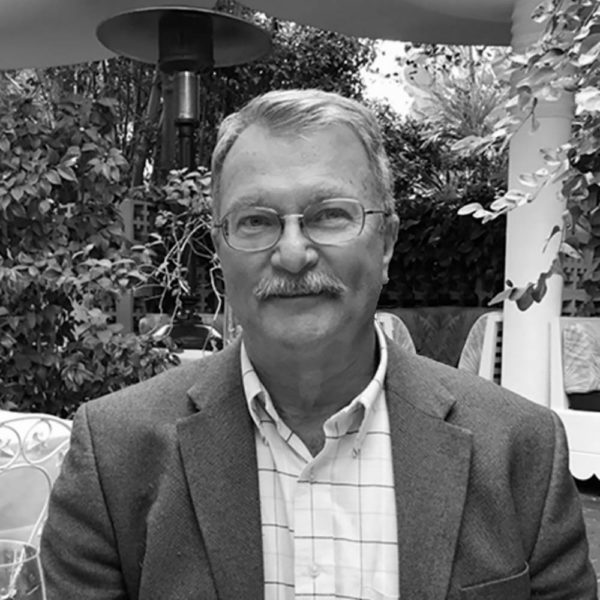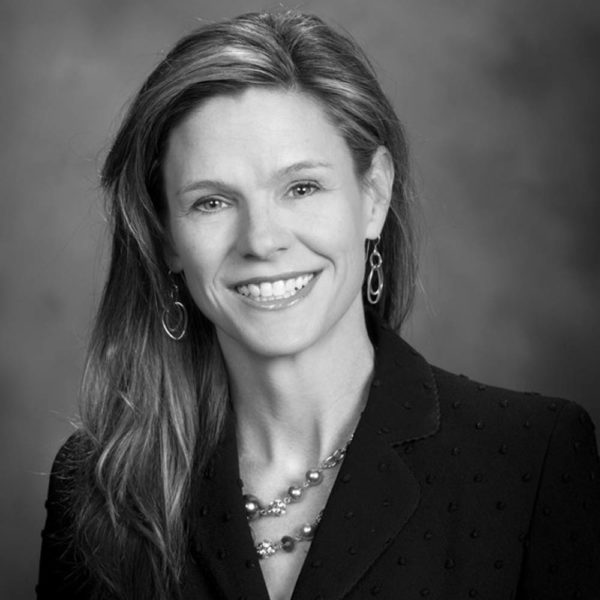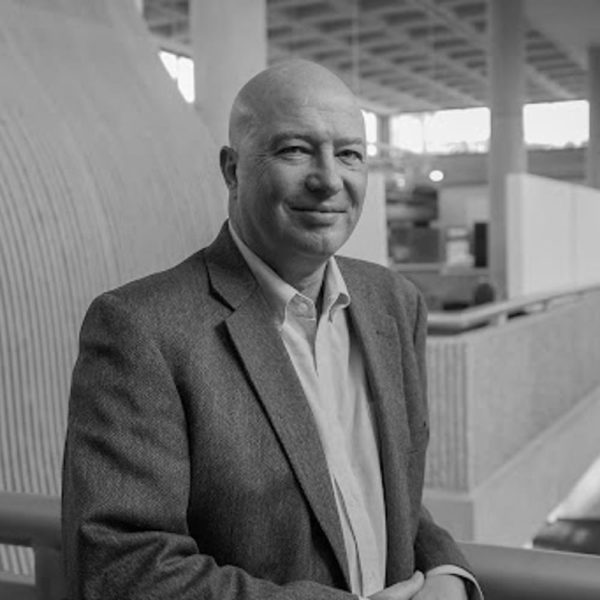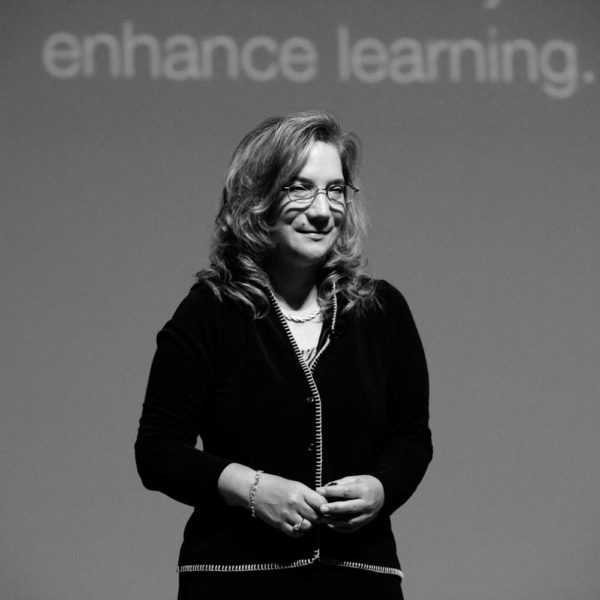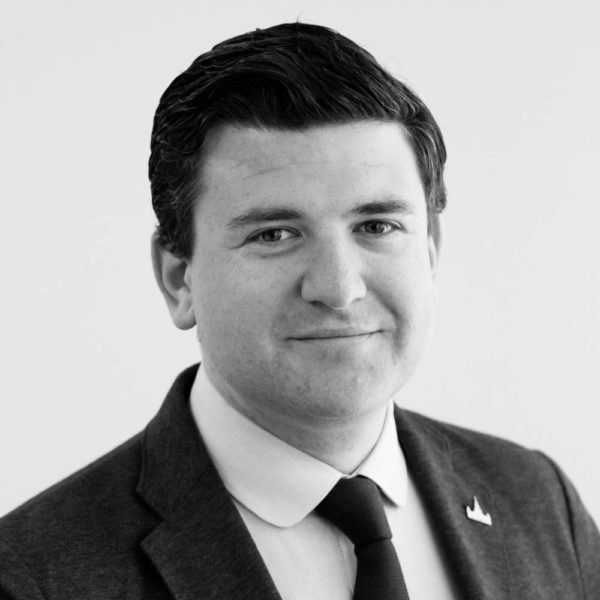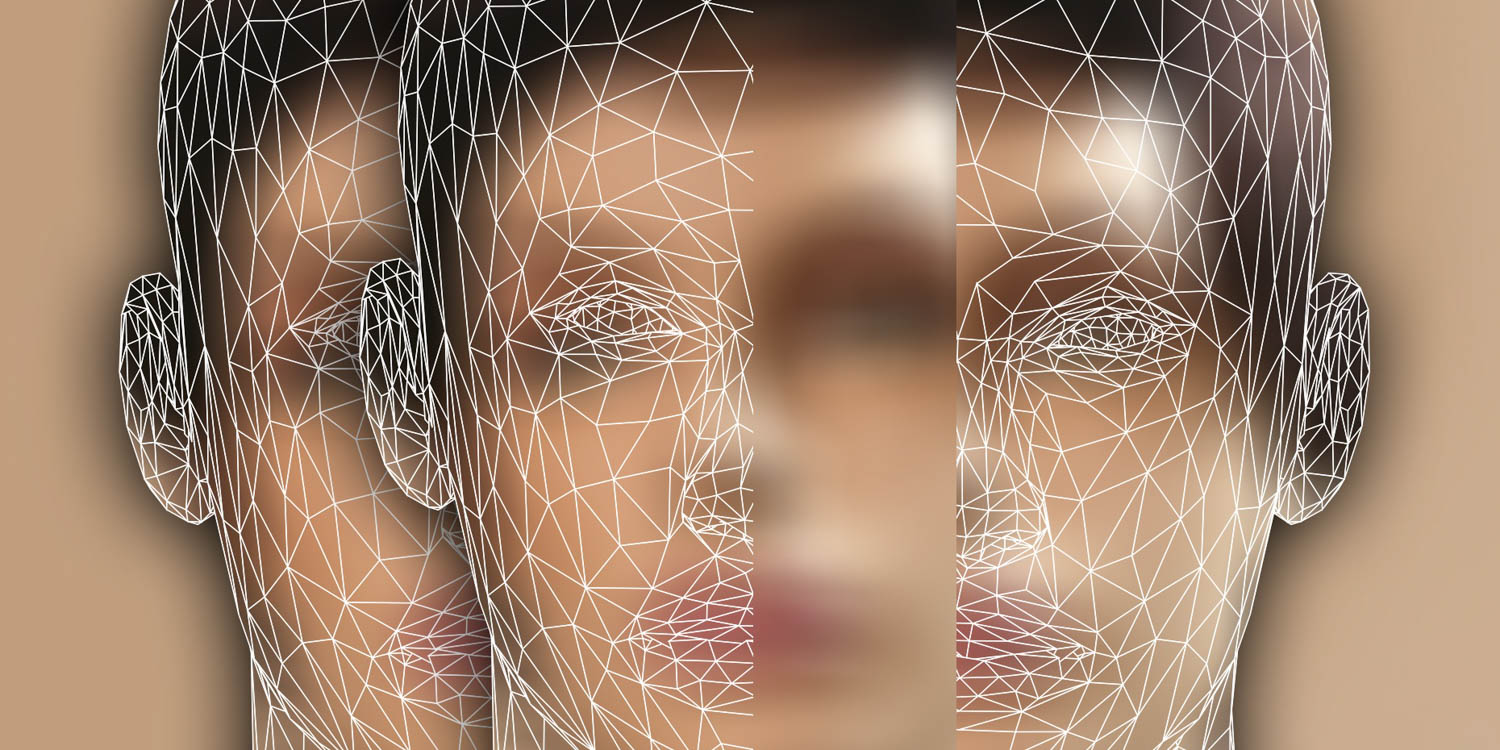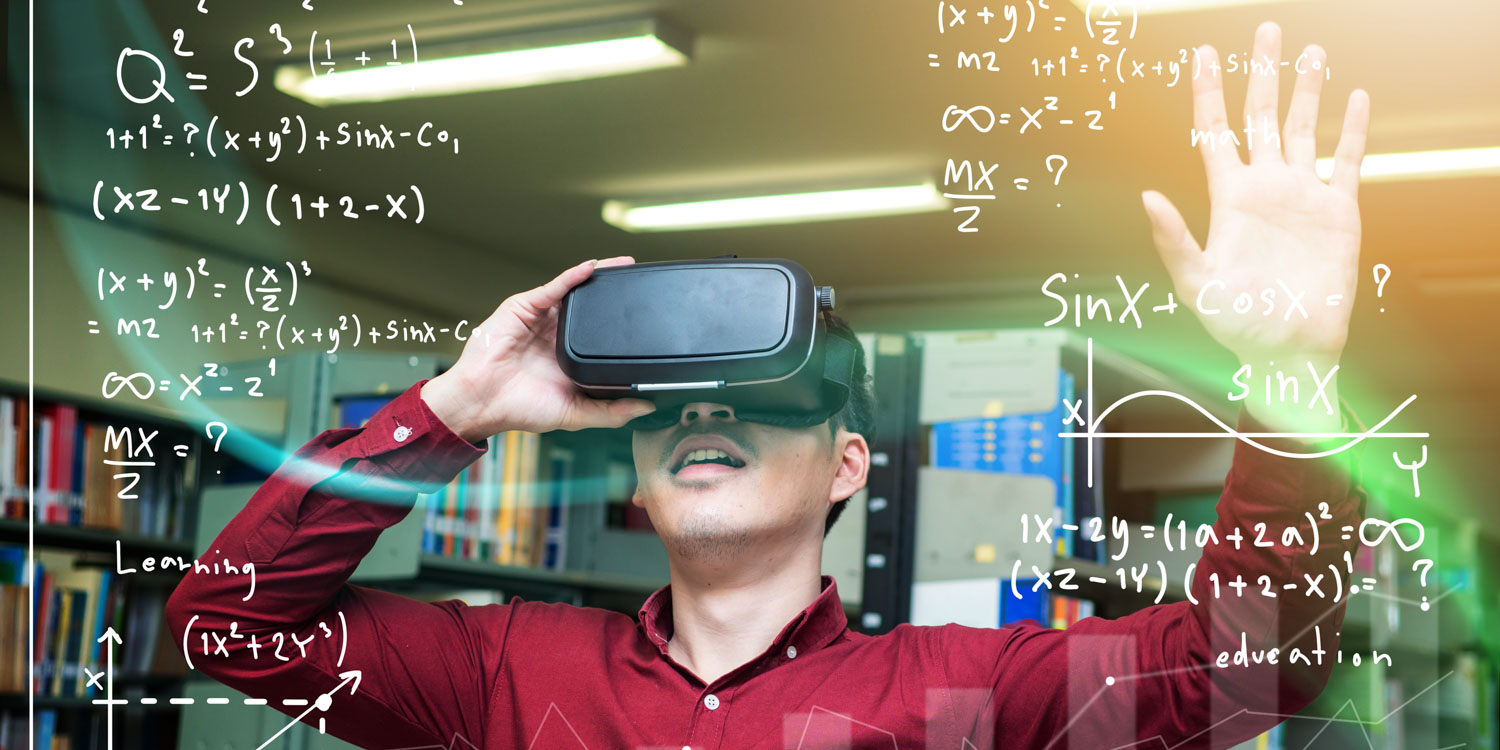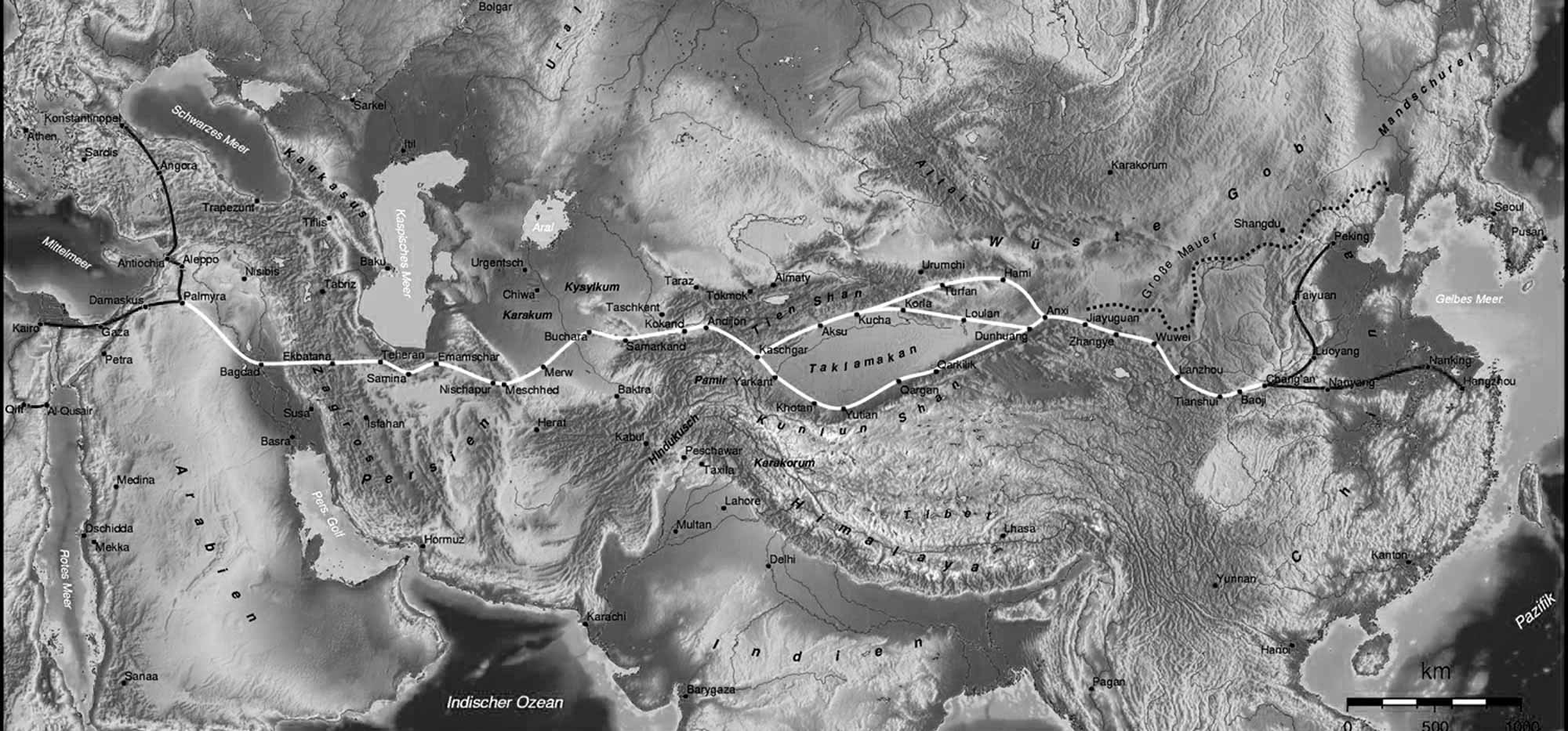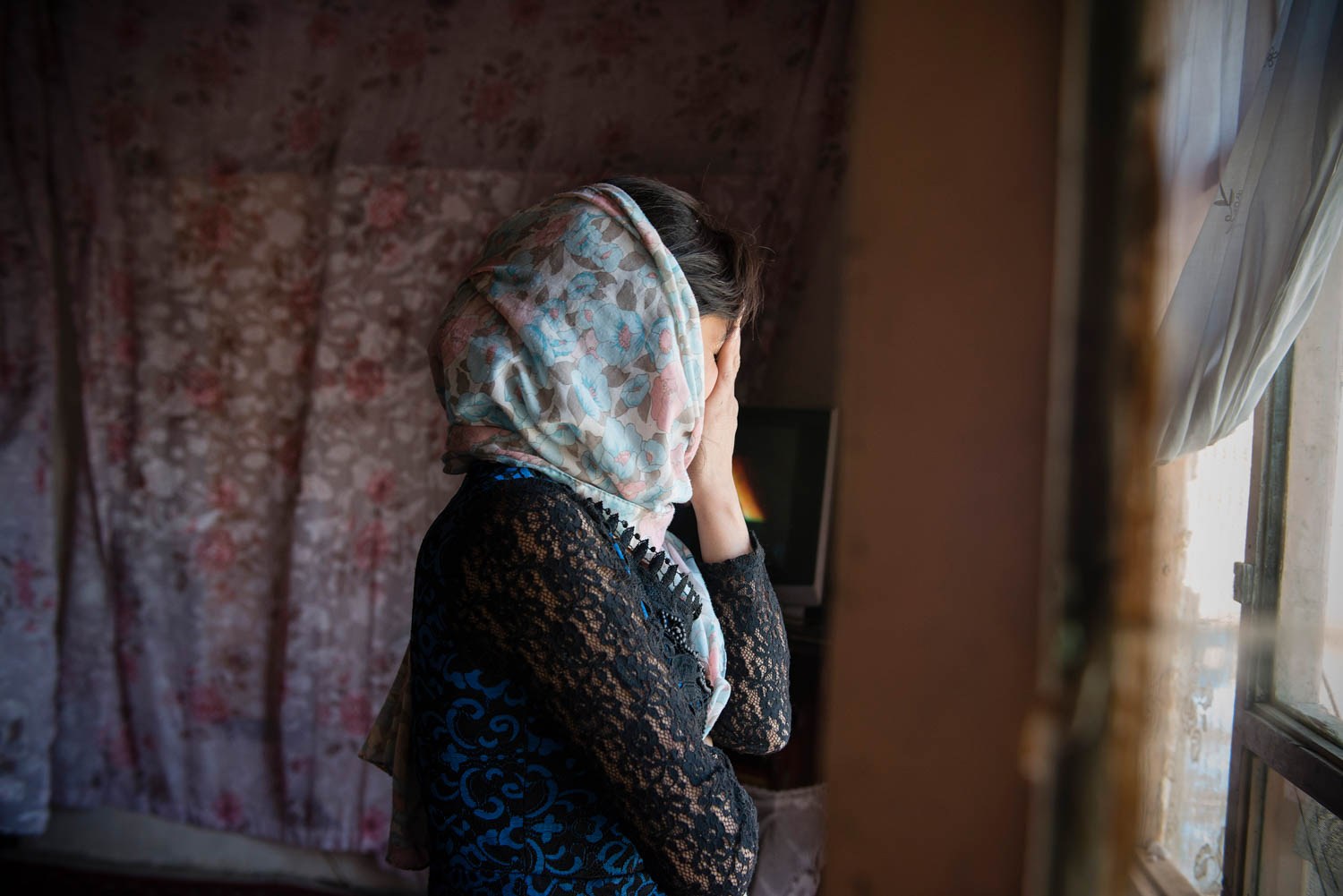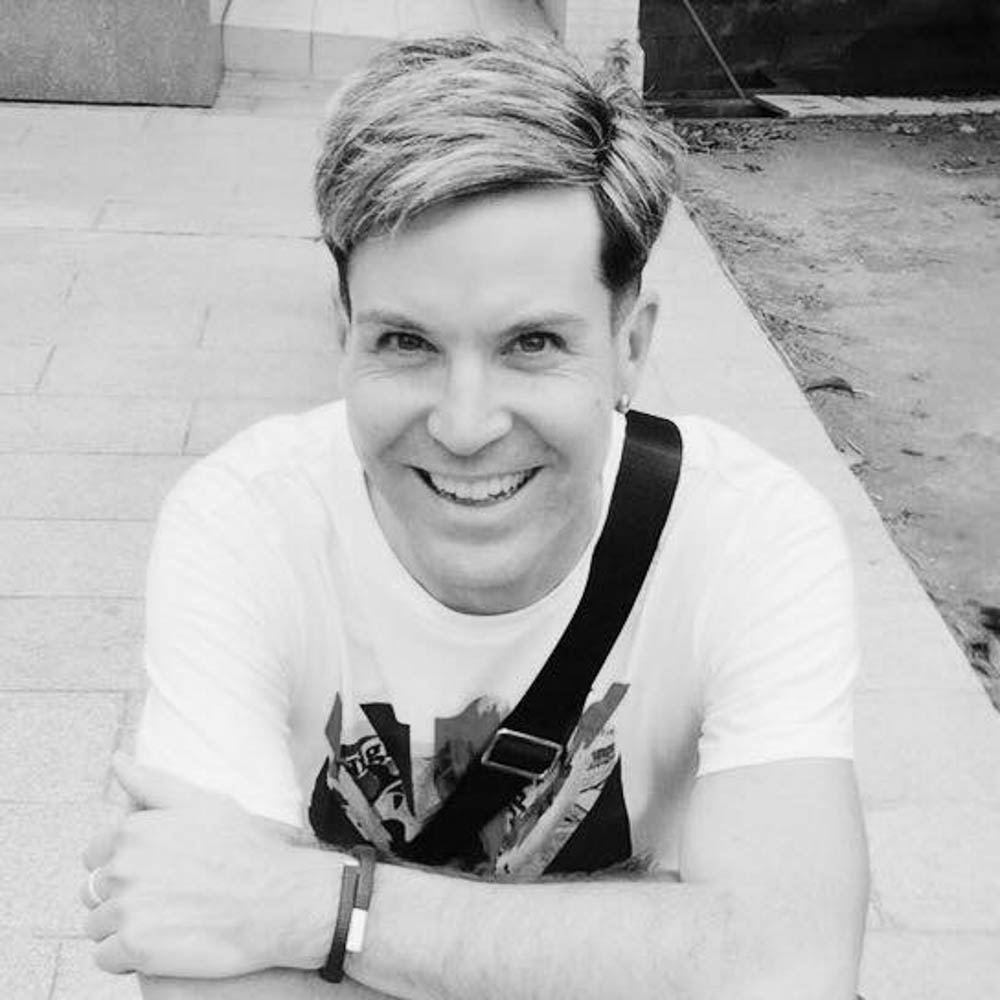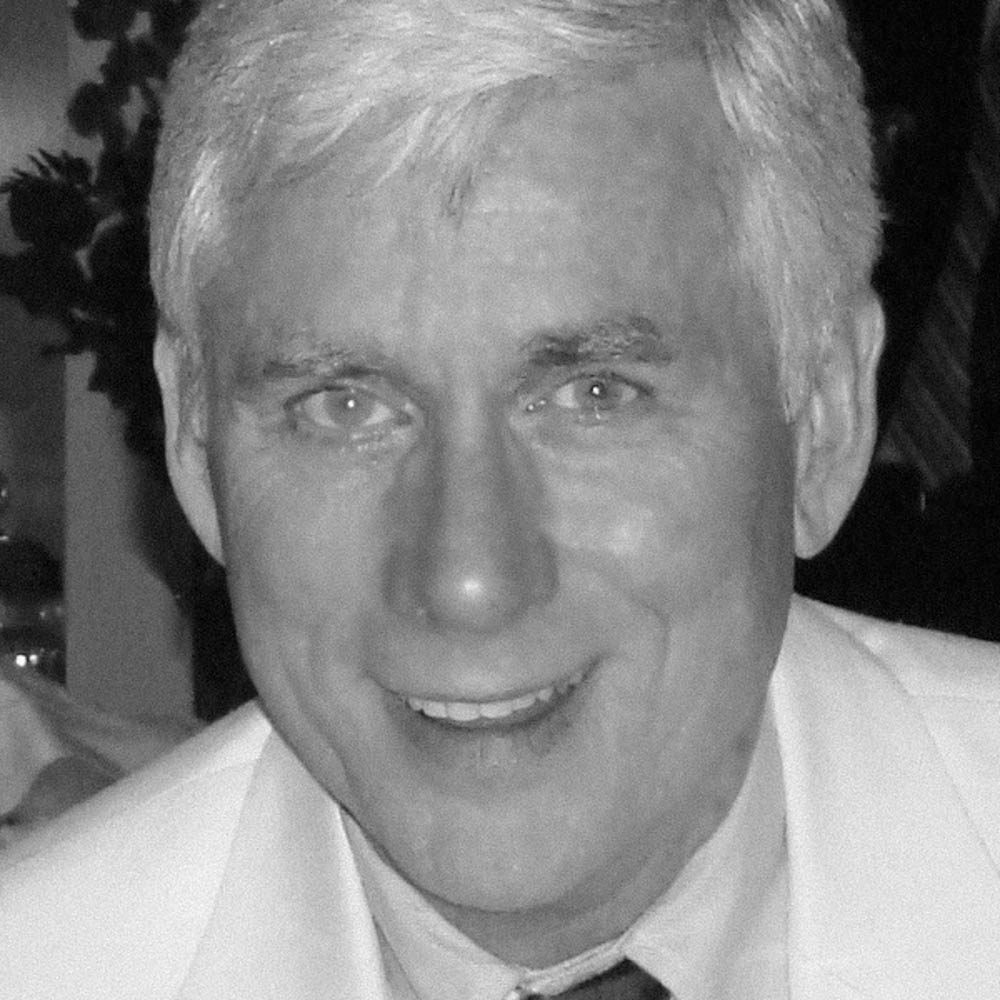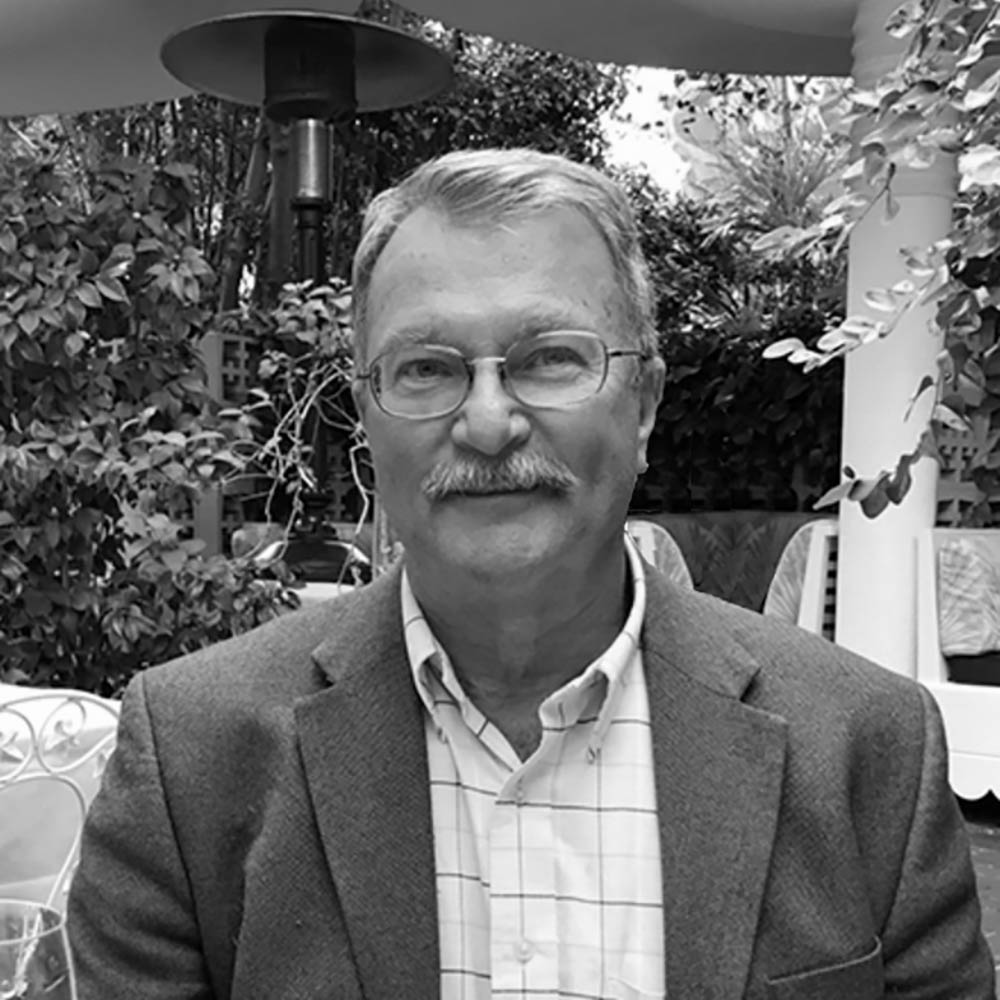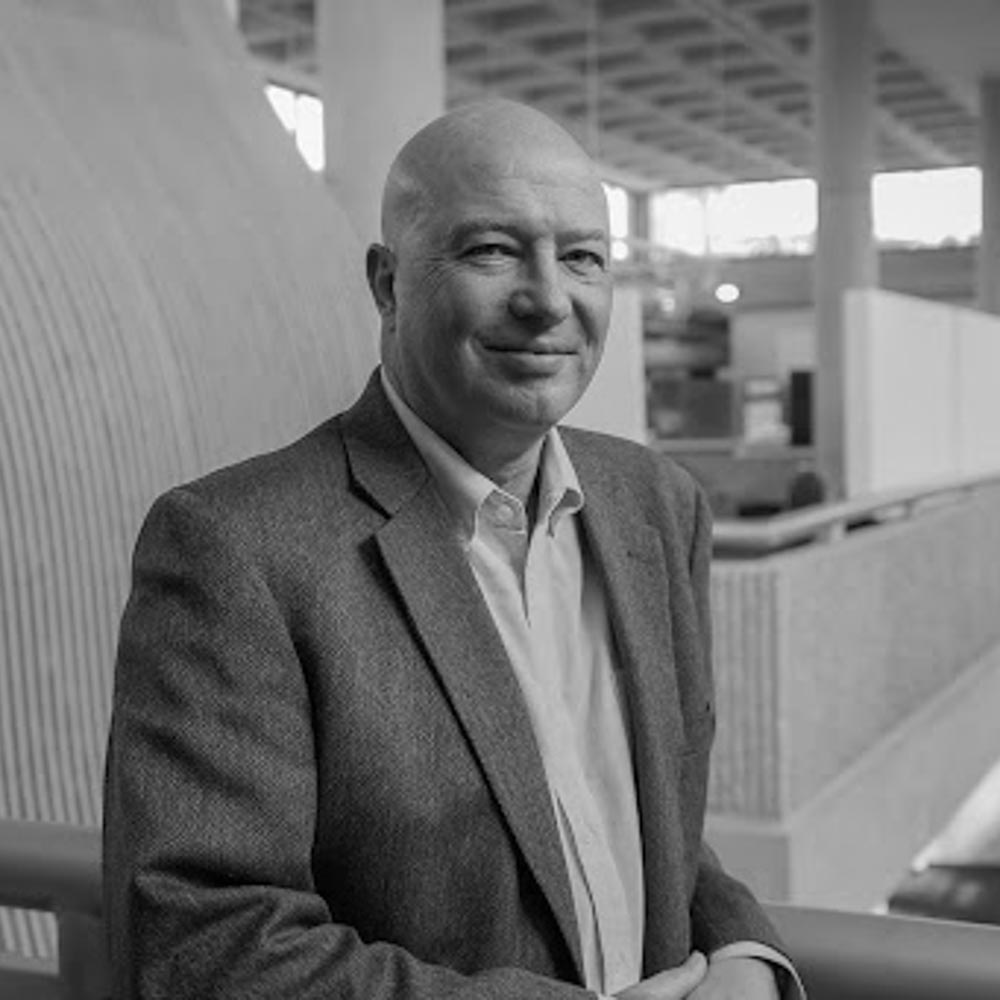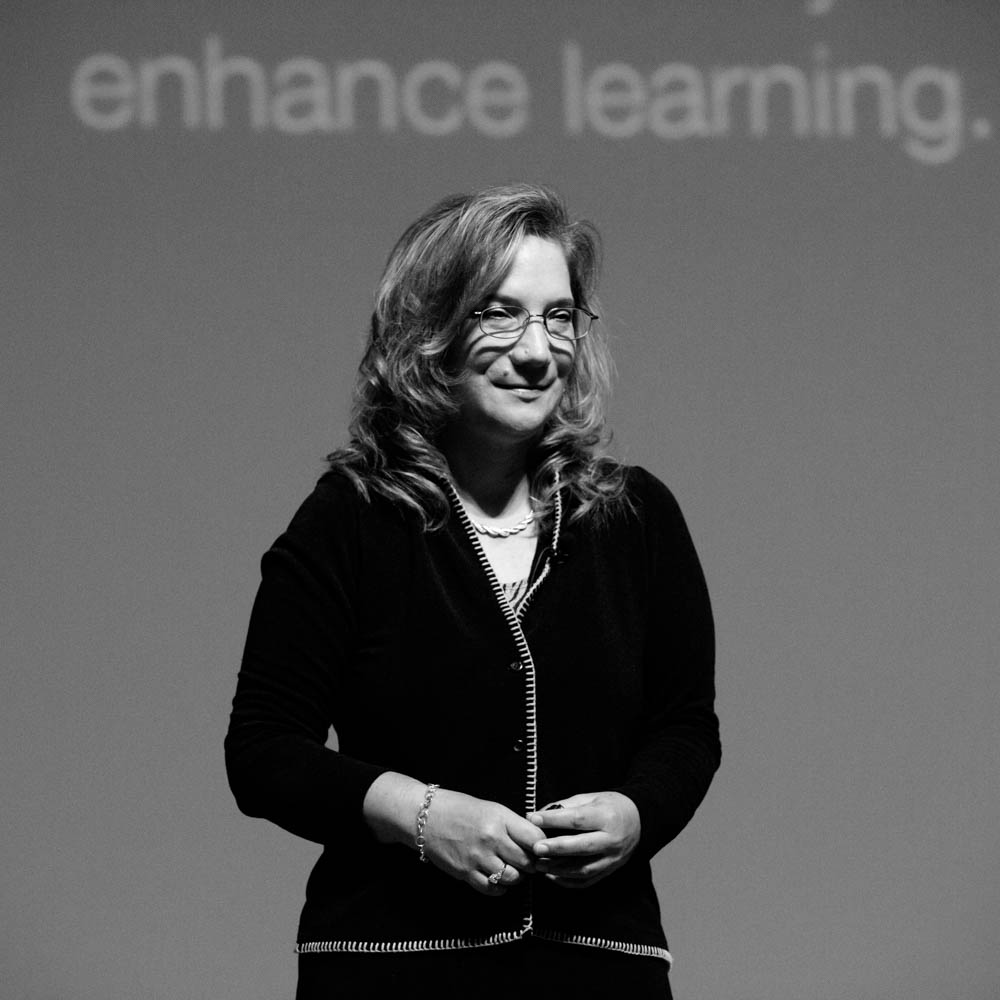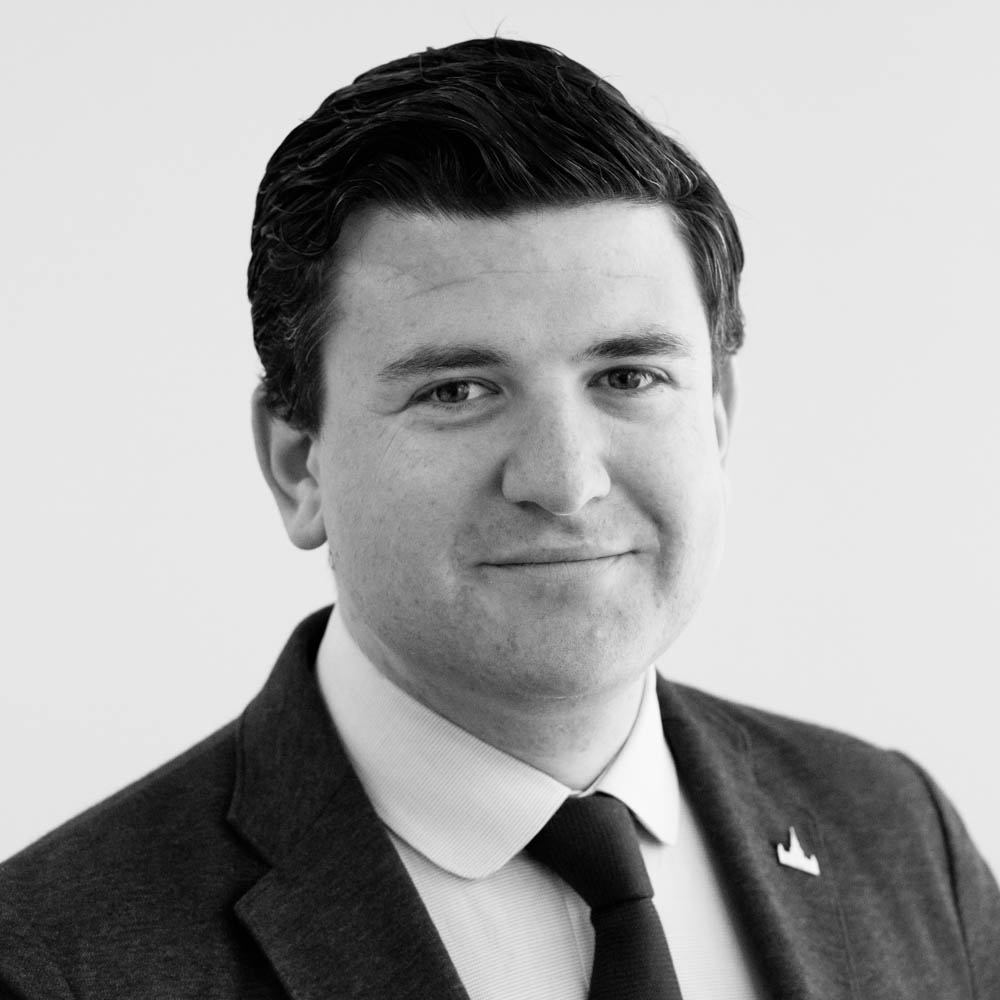Conference Theme: "Learning Beyond Boundaries"
May 06–08, 2019 | Virginia Tech, Blacksburg, Virginia, USA
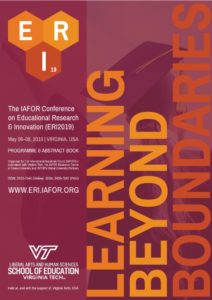 Discovery is sparked through opportunities to examine contemporary knowledge and practices from differing perspectives, beyond well-defined areas of expertise. In educational research, the opportunity to explore current educational issues and challenges through a different lens can serve as a valuable catalyst for innovations in teaching and learning. Toward this goal, the International Academic Forum is proud to partner with Virginia Tech to examine the latest research and innovations in education, with a specific focus on perspectives that cross the traditional boundaries of disciplines, geographies, contexts, and cultures to inform the next generation of teaching and learning. Leveraging IAFOR’s globally-renowned offering of international, intercultural, and interdisciplinary scholarly exchanges, the “Learning Beyond Boundaries” conference organisers welcome original research and best practices related to the trends and issues in education that move beyond traditional paradigms and practices.
Discovery is sparked through opportunities to examine contemporary knowledge and practices from differing perspectives, beyond well-defined areas of expertise. In educational research, the opportunity to explore current educational issues and challenges through a different lens can serve as a valuable catalyst for innovations in teaching and learning. Toward this goal, the International Academic Forum is proud to partner with Virginia Tech to examine the latest research and innovations in education, with a specific focus on perspectives that cross the traditional boundaries of disciplines, geographies, contexts, and cultures to inform the next generation of teaching and learning. Leveraging IAFOR’s globally-renowned offering of international, intercultural, and interdisciplinary scholarly exchanges, the “Learning Beyond Boundaries” conference organisers welcome original research and best practices related to the trends and issues in education that move beyond traditional paradigms and practices.
Photo Report
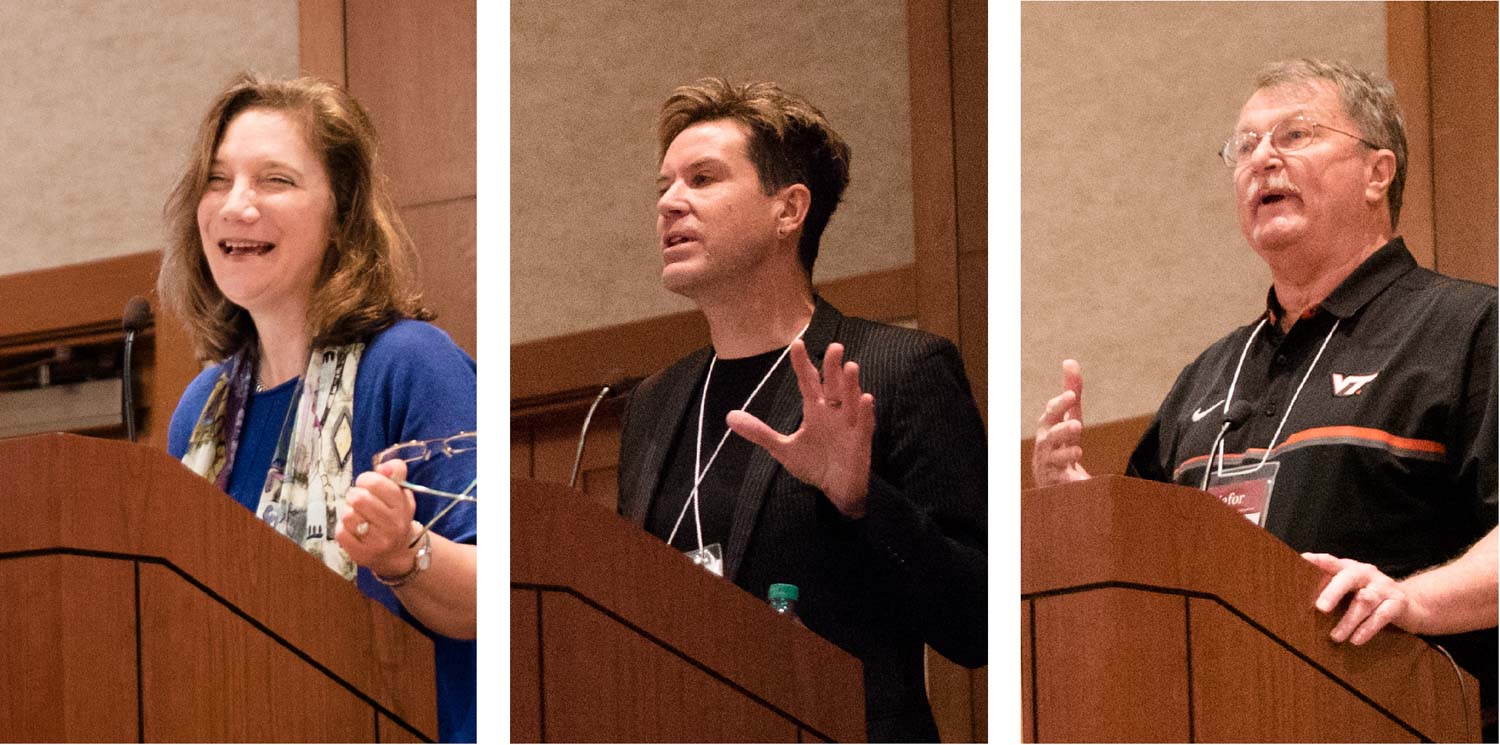
Above left: Professor Barbara Lockee, of Virginia Tech, opened an energetic conference at Virginia Tech with The IAFOR Conference on Educational Research & Innovation (ERI2019). As a key member of the Organising Committee, Professor Lockee led the effort to make this first collaboration with Virginia Tech a success. Above centre: Professor Mark Pegrum delivered a technology-focused Keynote Presentation on the use of new programs and devices to improve access to education. Above right: Dr Rich Ingram of James Madison University captivated the audience with his Keynote Presentation on psychophysiology, even connecting sensors to Professor Pegrum’s head to demonstrate how brain activity can be measured in order to gain insights into how students learn.
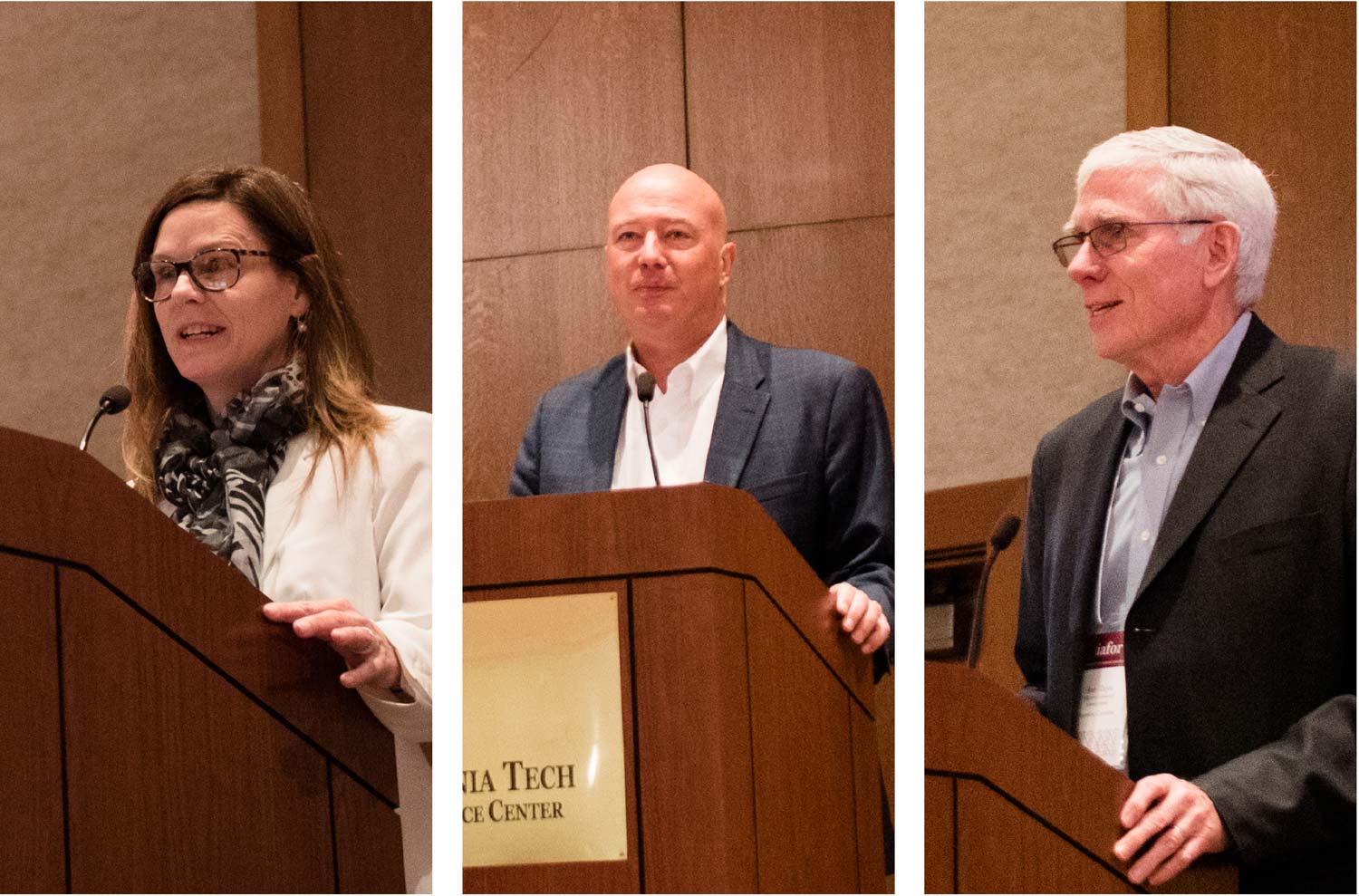
Above left: Dr Amy Azano, also of Virginia Tech, added to the theme of improving educational access and outcomes with her Keynote Presentation on the challenges facing rural communities. Above centre: Dr Steve Harmon, associate dean of research at Georgia Tech Professional Education (GTPE), director of educational innovation at the Center for 21st Century Universities (C21U), and a professor at the Georgia Tech College of Design, used his Keynote Presentation to show how his university is expanding online opportunities while maintaining the high academic standards for which they are known. Above right: Professor Robert Doyle, associate dean, Faculty of Arts and Sciences at Harvard University and former associate dean of Harvard College, discussed the “anatomy of the flipped classroom” during his Keynote Presentation, rounding out an exceptional group of Keynote Speakers.
Programme
-
 Anatomy of Flipped ClassroomsKeynote Presentation: Robert G. Doyle
Anatomy of Flipped ClassroomsKeynote Presentation: Robert G. Doyle -
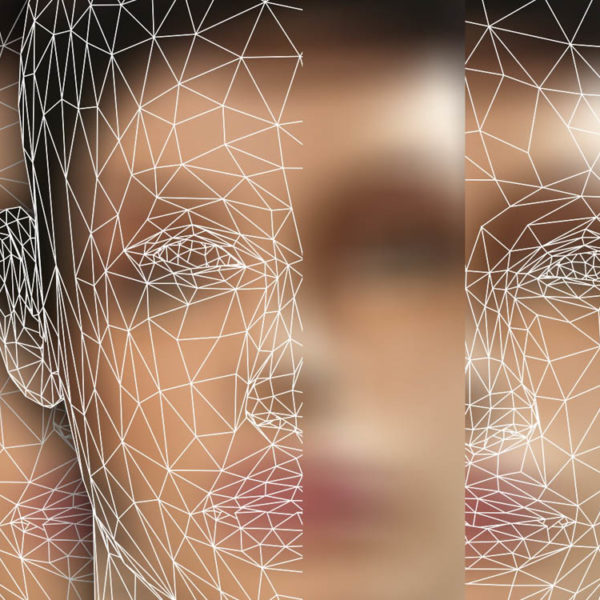 Research Beyond Boundaries: Educational PsychophysiologyKeynote Presentation: Rich Ingram
Research Beyond Boundaries: Educational PsychophysiologyKeynote Presentation: Rich Ingram -
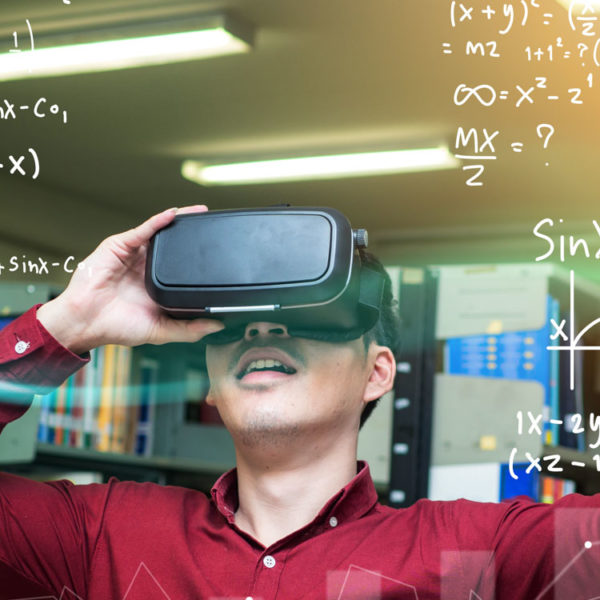 Mobility, Mixed Reality, and the Crossing of Linguacultural BoundariesKeynote Presentation: Mark Pegrum
Mobility, Mixed Reality, and the Crossing of Linguacultural BoundariesKeynote Presentation: Mark Pegrum -
 Context is Everything: Rethinking Evidence Beyond BoundariesKeynote Presentation: Amy Azano
Context is Everything: Rethinking Evidence Beyond BoundariesKeynote Presentation: Amy Azano -
 Creating the Next in Education. On the Road to the University of 2040Keynote Presentation: Steve Harmon
Creating the Next in Education. On the Road to the University of 2040Keynote Presentation: Steve Harmon -
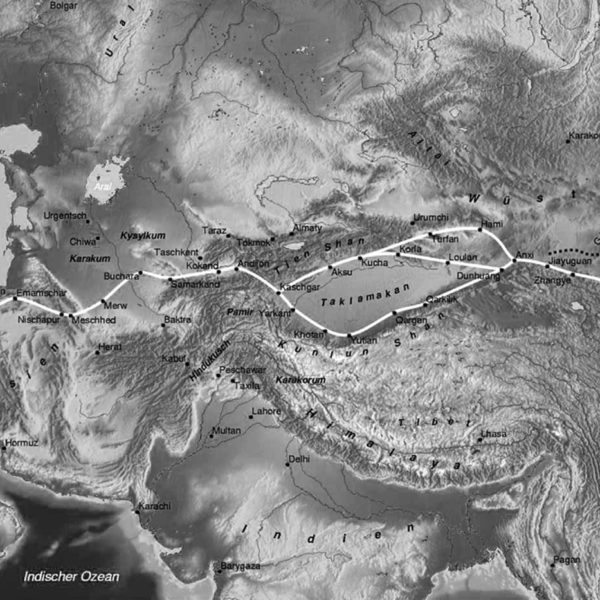 IAFOR Silk Road InitiativeInformation Session
IAFOR Silk Road InitiativeInformation Session -
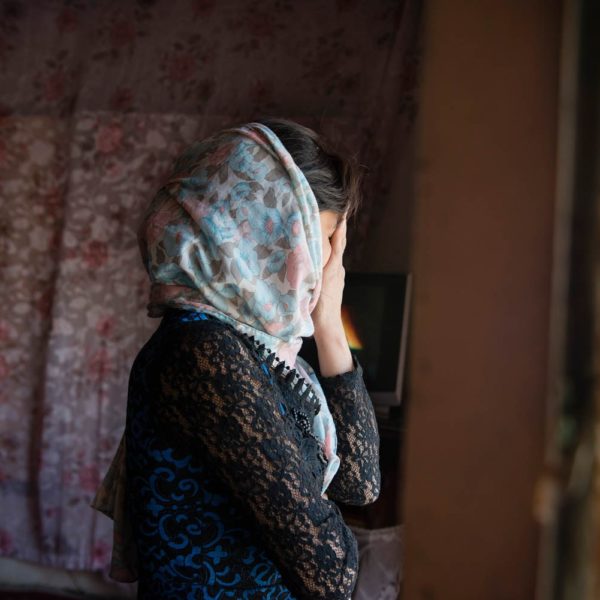 IAFOR Documentary Photography Award 2018Award Winners Screening
IAFOR Documentary Photography Award 2018Award Winners Screening
Speakers
Keynote Speakers
Organising Committee
Review Committee
- Dr Abdurrahman Ghaleb Almekhlafi, United Arab Emirates University, United Arab Emirates
- Dr Ying-Feng Wang, National Taichung University of Education, Taiwan
- Dr Edgar R. Eslit, St. Michael's College, Philippines
- Dr Kittipong Phumpuang, Naresuan University, Thailand
- Dr Michiko Kobayashi, Southern Utah University, United States
- Dr Lewis Teo Piaw Liew, Politeknik Kuching Sarawak, Malaysia
- Professor Mikel Garant, Sino US College, Beijing Institute of Technology, China
- Dr Shinji Okumura, Mukogawa Women's University, Japan
- Dr Mathew Martin Poothullil, University of Mumbai, India

About Virginia Tech., USA
Virginia Polytechnic Institute and State University (Virginia Tech) is a public land-grant university serving the Commonwealth of Virginia, the nation, and the world community. The discovery and dissemination of new knowledge are central to its mission. Through its focus on teaching and learning, research and discovery, and outreach and engagement, the university creates, conveys, and applies knowledge to expand personal growth and opportunity, advance social and community development, foster economic competitiveness, and improve the quality of life.
